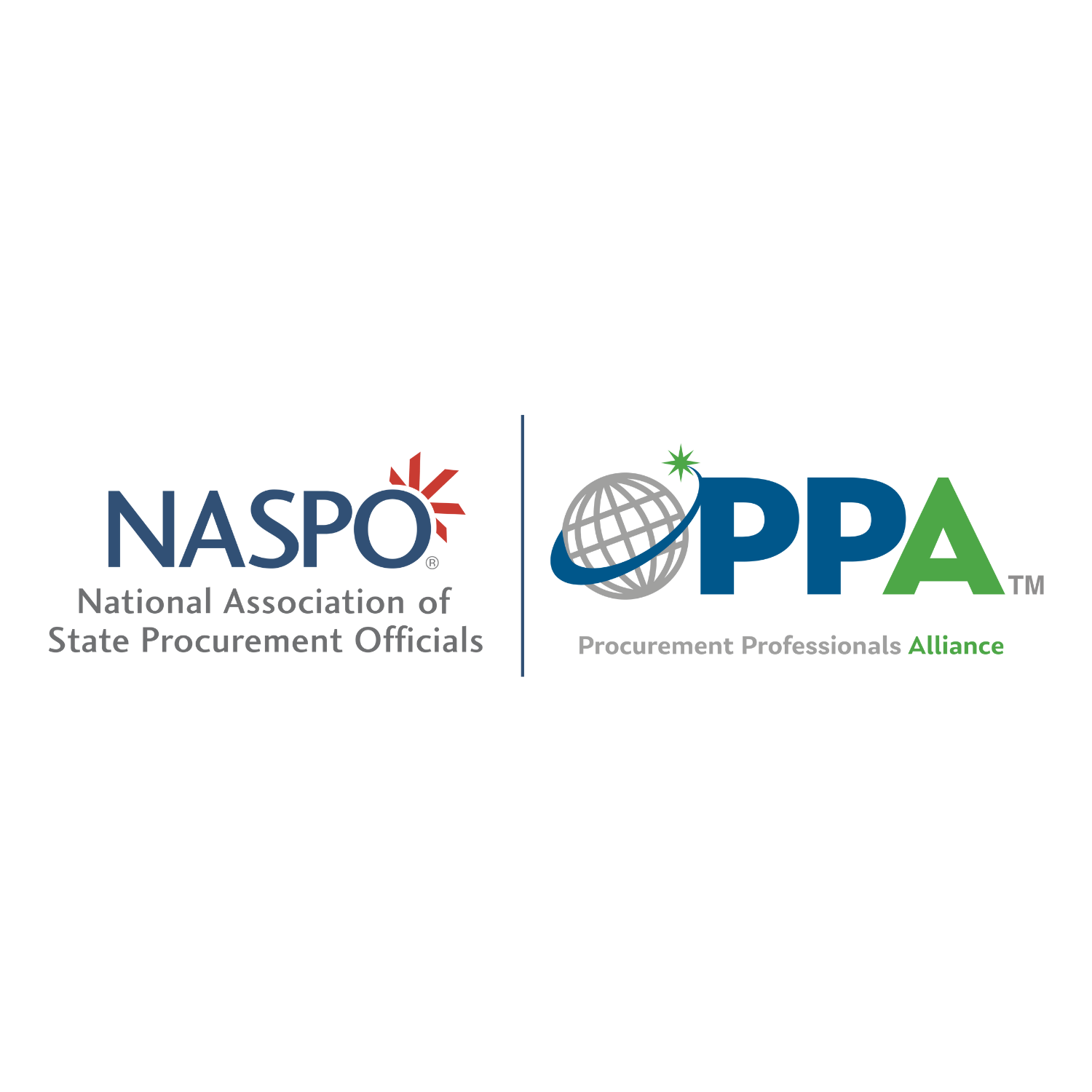Justify Your Attendance at the 2026 Annual Convention
SACUBO has created a toolkit of easily customizable letters and worksheets to help your institution understand the return it will see on this important investment. As college and university business officers continue to navigate changing regulations, compliance requirements, and staffing shortages, SACUBO events serve to provide you with the educational sessions and networking opportunities to help you do your job.
- Letter to your manager - Use this customizable letter template to help explain and justify your conference attendance to your boss.
- Post-conference ROI worksheet template - Use this worksheet template to take notes on sessions and record key takeaways, action items, and estimated return on investment (ROI). These notes can be referenced in creating your post-conference trip report.
- Use the additional tips below to make a strong case for your attendance.
Additional Tips
Use the Conference as a Professional Development Opportunity
When discussing the event with your manager, tie your career goals and future development to specific sessions and training opportunities or knowledge you need.
If you are a CPA or hold another professional certification, remind them that you are required to earn 40 Continuing Professional Education credits (CPEs) every year through training and professional development. Attendance at this event will qualify for up to 16 CPEs as an experience that will contribute greatly to your continuing education.
Offer to Train Others in What You Learned
You can pitch your trip to the SACUBO Annual Convention as a way to bring knowledge and information back to the rest of your organization. You can train your colleagues on best practices, tips, trends, and processes you learned at the conference.
Create a Trip Report
You can use your trip report to teach others about the sessions you attended. Providing a quick two- to three-page summary will trigger colleagues to ask you questions to learn more. You can also offer to meet with your manager upon your return to discuss a recap of the SACUBO Annual Convention and use the ROI worksheet template.
Meet with SACUBO Colleagues
When you attend the SACUBO Annual Convention, you have the opportunity to network with college and university business officers from across the southeastern United States, which is crucial for several reasons:
- Exchange of Ideas and Best Practices: Networking allows business officers to share their experiences, challenges, and successful strategies with peers from other institutions. This exchange can provide valuable insights and innovative ideas that may not have been considered within one's own institution.
- Professional Development: Interacting with peers in similar roles provides opportunities for learning and growth. Discussions during networking sessions often touch upon emerging trends, new regulations, and best practices in higher education finance and administration, which can enhance professional knowledge and skills.
- Building Relationships and Partnerships: Networking fosters the development of relationships and partnerships among business officers. These connections can lead to collaborative efforts on common issues, joint projects, or shared resources that benefit participating institutions.
- Staying Informed and Prepared: The higher education landscape is constantly evolving with changes in regulations, technology, and economic conditions. Networking allows business officers to stay informed about industry trends and developments, ensuring they are better prepared to address challenges and capitalize on opportunities.
- Career Advancement: Networking provides visibility and exposure within the higher education community. Building a strong professional network can open doors to new career opportunities, mentorship relationships, and professional recognition.
- Advocacy and Influence: Collaborating with peers through networking can amplify the collective voice of business officers on issues affecting higher education finance and administration. This collective advocacy can influence policy decisions and promote positive change within the industry.
In conclusion, networking at events like the SACUBO Annual Convention is not just about making connections; it is a strategic investment in professional growth, knowledge acquisition, collaborative opportunities, and advancing the collective interests of college and university business officers.
|


